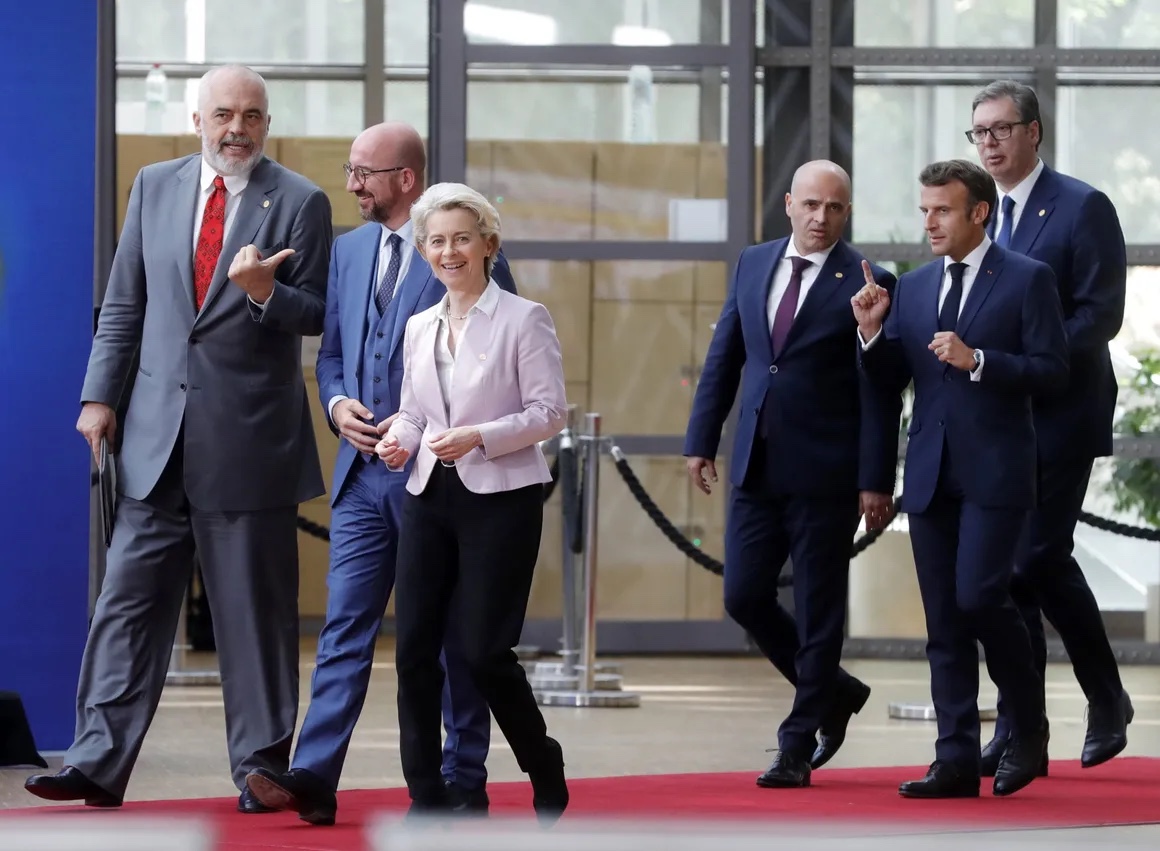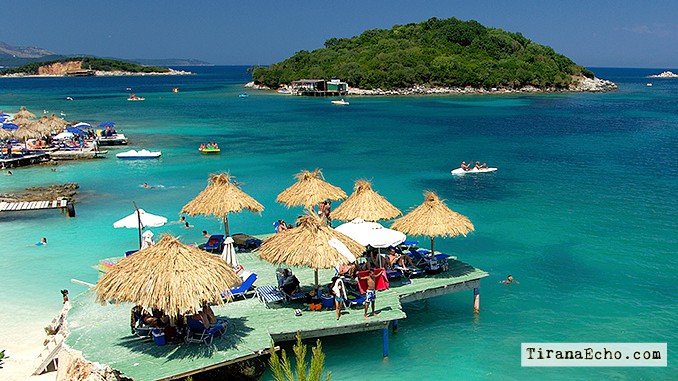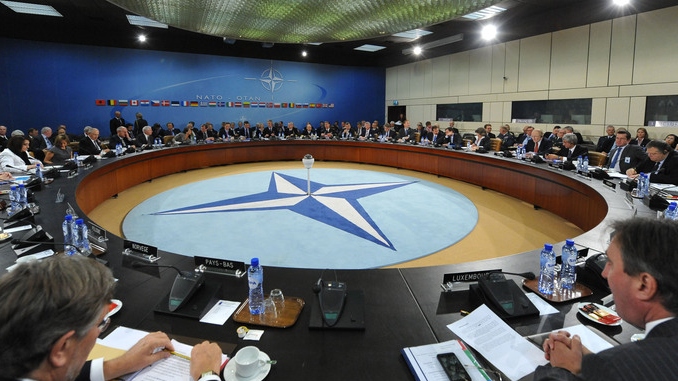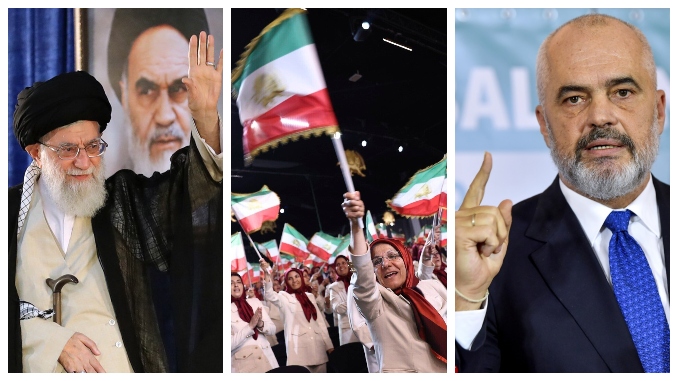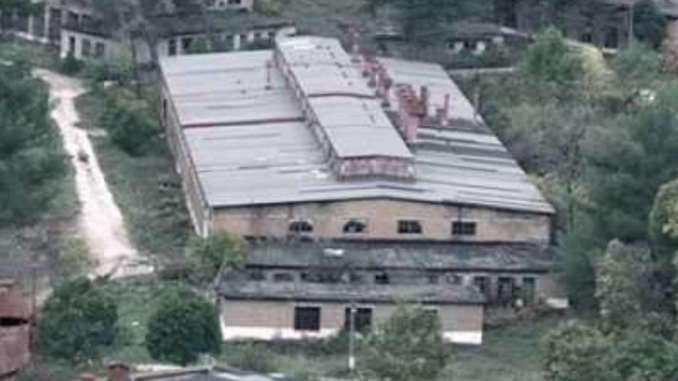Kosovo President optimistic about a land swap deal with Serbia within this year
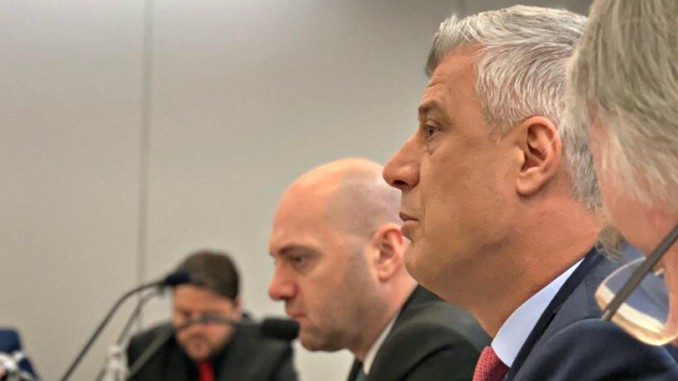
Washington DC, USA | 07 Feb 2019 (Tirana Echo) – Kosovo’s President Hashim Thaçi has said he is optimistic that a border correction deal with Serbia could be reached within this year, leading to international recognition for the young Balkan republic.
Thaçi made his comments during an interview with Voice of America Albanian Service in Washington DC, where he said he would work toward the finalization of the Serbia-Kosovo dialogue through an all-inclusive agreement which would culminate with Kosovo’s recognition by Serbia and its eventual membership at the United Nations.
“The benefits for Kosovo would be its recognition by Serbia as an independent and sovereign state, its membership at the UN, recognition by the 5 remaining EU member states, clearing the path for NATO and EU membership.” Thaçi told the VOA.
Thaçi added that a ‘creative solution’ is needed in order to reach a deal and that this could not happen unless a clear definition of interstate borders is reached between Kosovo and Serbia, hinting that the ethnic Albanian speaking municipalities of Presheva, Medvegja and Bujanoc in southern Serbia could join Kosovo as part of a bilateral agreement.
“I believe it would be logical that Presheva, Medvegja and Bujanoc are included in the territory of Kosovo, without affecting our country’s resources, Gazivoda, northern Mitrovica, the Trepçe mine and other areas.” – said Kosovo’s President, adding that unless there are substantial assurances that Serbia would recognize Kosovo, there’s no point to have bilateral talks.
Thaçi’s comments come as political commentators across the Balkans are battling to find out what ‘secret’ deal is allegedly being negotiated between Prishtina and Belgrade with possible US and Russian agreement, which could end with a land swap between Kosovo and Serbia, where Serbia gets a part of Kosovo’s northern territory inhabited by ethnic Serbs while in exchange giving the Presevo valley in its southern tip, predominantly inhabited by ethnic Albanians.
Both countries have been engaged in several years of EU mediated dialogue without any substantial results, prompting tougher US involvement in finding a way out of the deadlock.
Earlier in the day, Thaçi told a meeting organized by the authoritative
US based Council on Foreign Relations that “reaching a deal between Kosovo and Serbia will not be an easy process, but it is the only path forward in order to avoid a return to previous tensions and conflicts.” – adding to speculation that an agreement may already be under ‘secret’ negotiations backed by both the United States and Russia.
Back in December, US President Donald Trump wrote to leaders in Prishtina and Belgrade telling them the “United States would welcome the signing of an historic deal between Kosovo and Serbia in Washington”, signaling it was moving in to accelerate the EU mediated Prishtina-Belgrade peace talks.
A month later, during a visit in Serbia’s capital Belgrade, Russian President Vladimir Putin hinted that Russia may be ready to work with everyone involved to find a deal on Kosovo, providing that a compromise is reached by everyone.
“Russia shares the concern of Serbian leadership and citizens because these moves can lead to a destabilization of the Balkans. Russia, like Serbia, is interested in keeping the Balkans stable and safe”, Putin said in a joint press conference with President Vucic in Belgrade.
Comments by both US and Russian Presidents come weeks after US National Security Advisor John Bolton said “the U.S. policy, is that if the two parties can work it out between themselves and reach agreement, we don’t exclude territorial adjustments.”
Asked by the VOA whether he was optimistic a deal could be reached within this year between Serbia and Kosovo, President Thaçi said he was both “optimistic and realistic”, hinting that secret negotations may already be underway, while public debate focuses on shedding light over a somewhat non-transparent possible agreement.
Kosovo declared independence from Serbia 10 years ago following a NATO led bombing campaign against the Milosevic regime in 1999, which had forced the majority of ethnic Albanians to flee their homes to neighboring Macedonia and Albania.
Serbian politicians are reluctant to publicly accept the independent Republic of Kosovo, claiming that Kosovo is the cradle of Serbian civilization, although behind the scenes they talk of a ‘fait accompli’.
So far, 117 countries have recognized Kosovo as an independent state while Russia strongly objects to a possible UN recognition of the young Balkan state.
Five EU member states are yet to recognize Kosovo while the European Union recently recommended the liberalization of the visa regime for Kosovo’s citizens.
Copyright @2019 TiranaEcho.com | All Rights Reserved

